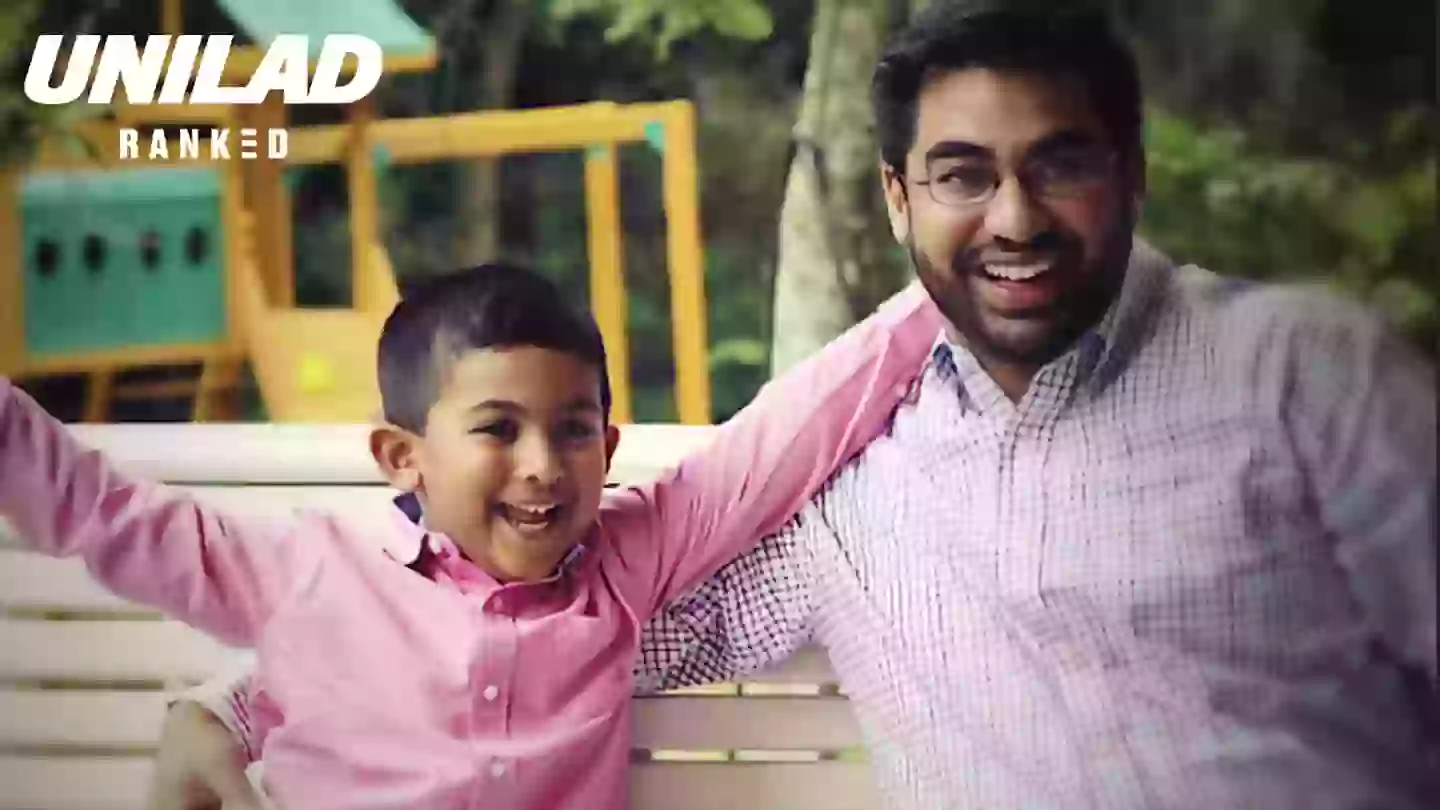If you’re in the mood for a true crime drama that offers more than just entertainment, UNILAD RANKED has a list of series that not only engage viewers but have also impacted the real-life cases they depict.
It’s worth noting that a psychologist has suggested it might be concerning if true crime shows are your go-to for relaxation, and some series have stirred controversy along the way.
Nevertheless, certain documentaries can shed new light on unresolved cases, provide fresh insights, or even help solve them.
UNILAD RANKED presents five Netflix series that have played a role in discoveries or advancements in the actual cases they cover.
Be advised: Spoilers are included.
The French miniseries discussed here was crafted by Jean-Xavier de Lestrade and involved the talents of producers like Matthieu Belghiti and Allyson Luchak.

The series centers around the trial of Michael Peterson, charged with the murder of his wife Kathleen Peterson.
In December 2001, Michael, a novelist, dialed 911 to report his wife had fallen down their home’s stairs in North Carolina. The authorities questioned his account and concluded he killed her, leading to his murder charge.
Although the docuseries didn’t solve Kathleen’s case, it introduced the ‘owl theory’—suggesting Kathleen might have been attacked by an owl before her fall.
The narrative delves into the complexities of the case and questions both the police’s perspective and the justice system.
Michael later entered an Alford plea, meaning he could maintain his innocence while accepting that there was enough evidence for a conviction. His conviction was overturned, and he was released from prison in 2017.
The series also sparked debate over Michael’s public image, potentially affecting how he’s perceived.
A Twitter user remarked: “Finished The Staircase documentary on Netflix wowowow.”
Another commented: “Watching The Staircase on Netflix for the third time. It’s fascinating.”
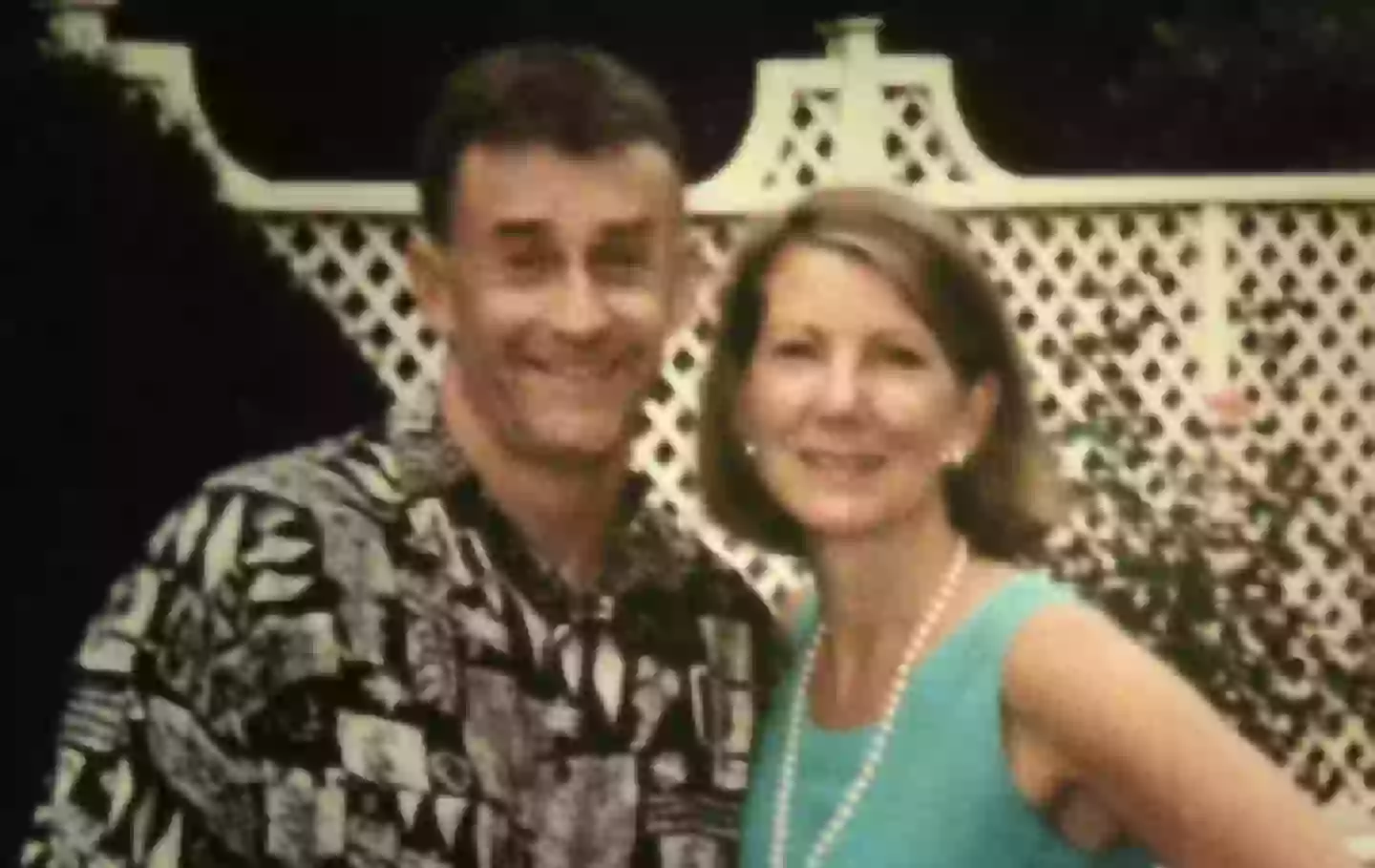
Laura Ricciardi and Moira Demos directed this true crime series, focusing on Steven Avery’s cases in Wisconsin.
In 1985, a woman named Penny Beerntsen was assaulted. Avery was arrested based on her identification and convicted of multiple charges. Despite his claims of innocence, his appeals were fruitless until the Wisconsin Innocence Project used advanced DNA technology that exonerated him after 18 years.
In 2005, Avery was implicated in the murder of Theresa Halbach, leading to a new conviction.
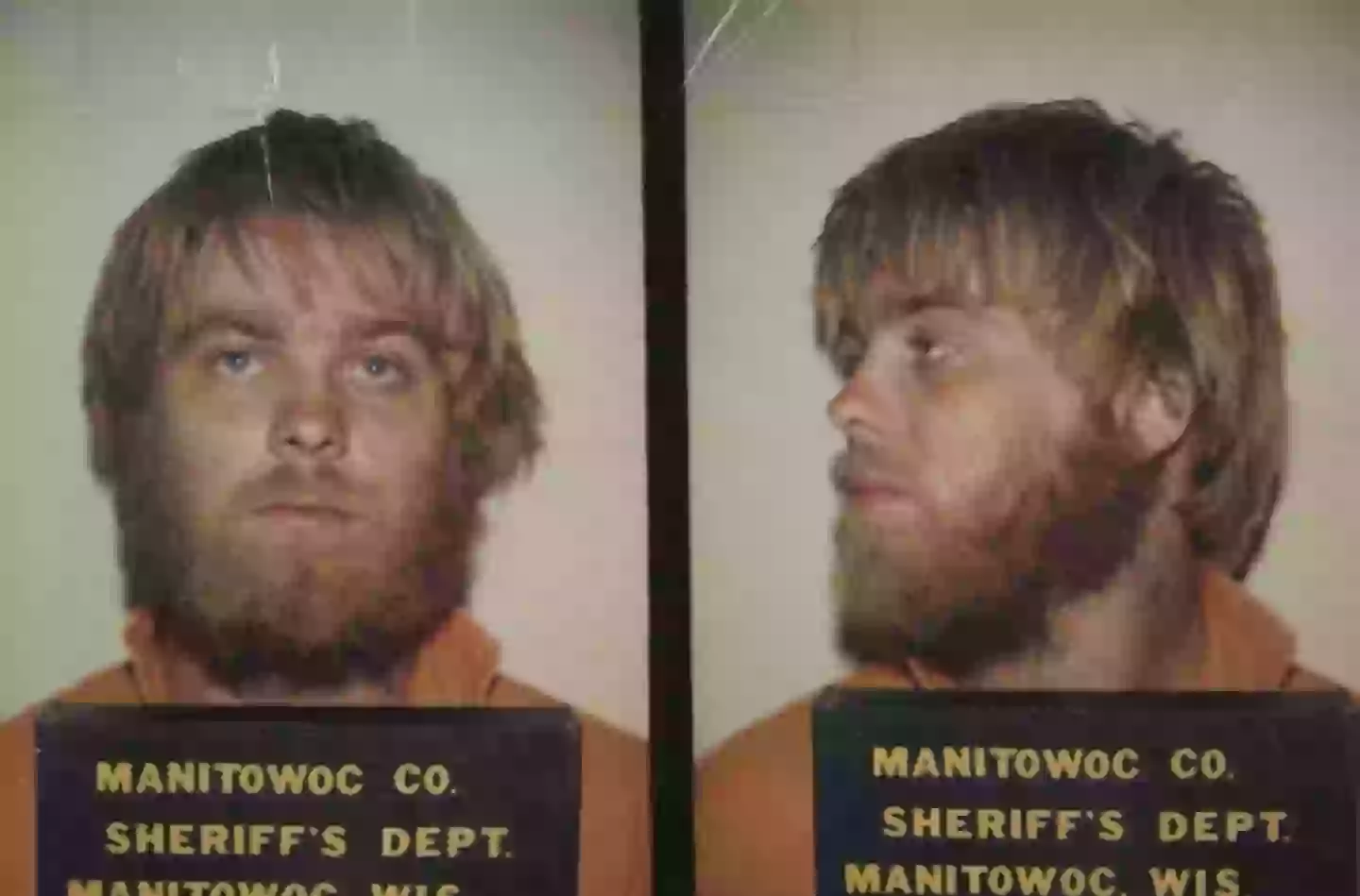
Evidence against Avery included Theresa’s car and his DNA found on his property. His nephew’s confession further implicated him. Avery received a life sentence but maintains his innocence.
The series, while not resolving the case, highlighted systemic flaws and sparked a petition for Avery’s pardon, which was not granted.
A viewer stated: “Making a Murderer is such an engrossing series. Really gives a stark and sobering look at the failures and corruptions of the system.”
A subsequent series had a profound impact by contributing to the exoneration of two individuals.
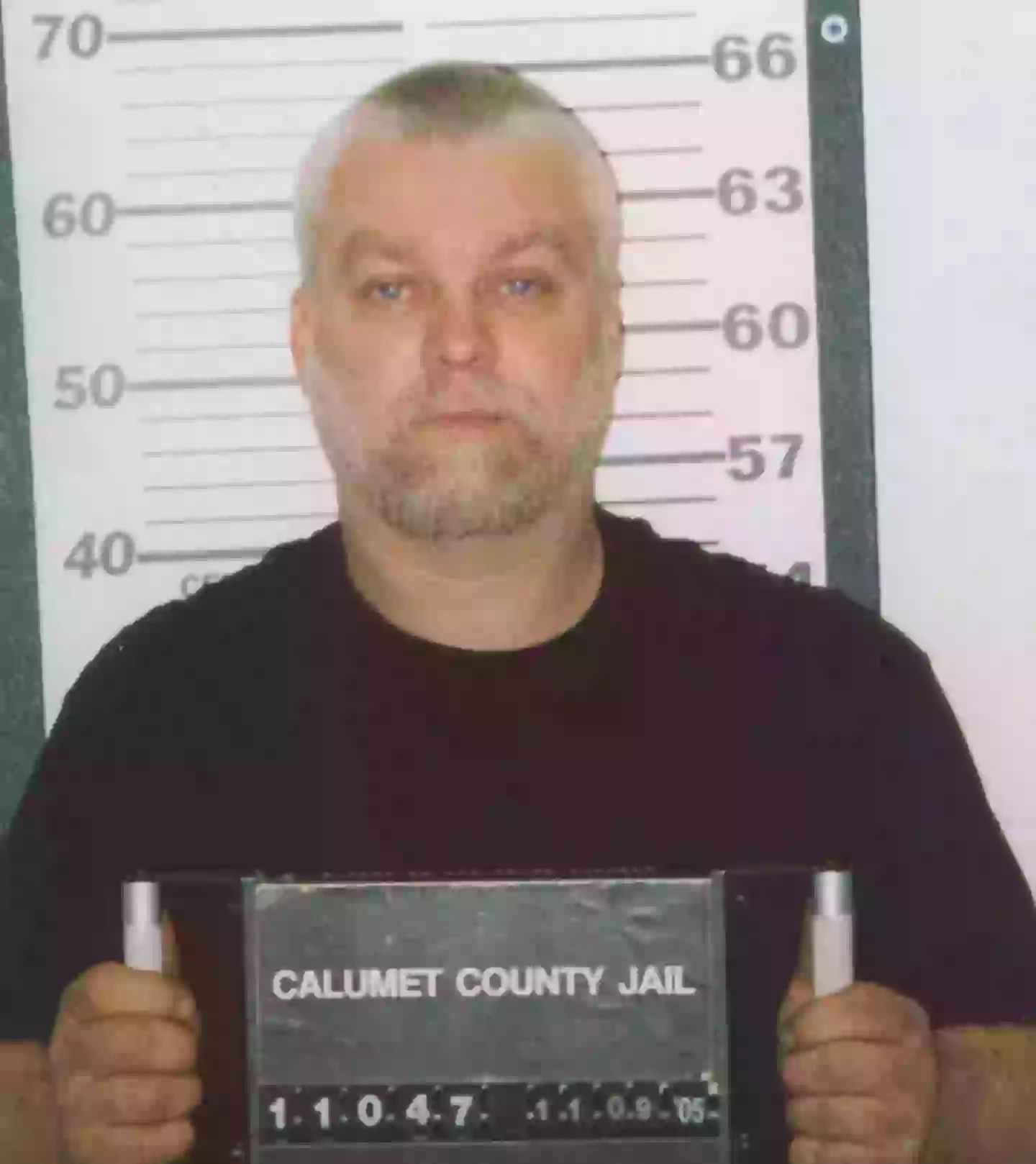
Rachel Dretzin and Phil Bertelsen directed another impactful docuseries, originally for Fusion TV, featuring historian Abdur-Rahman Muhammad’s work investigating Malcolm X’s assassination.
Malcolm X was shot in 1965, and Talmadge Hayer was arrested. Hayer later claimed that Muhammad A. Aziz and Khalil Islam, convicted with him, were innocent.
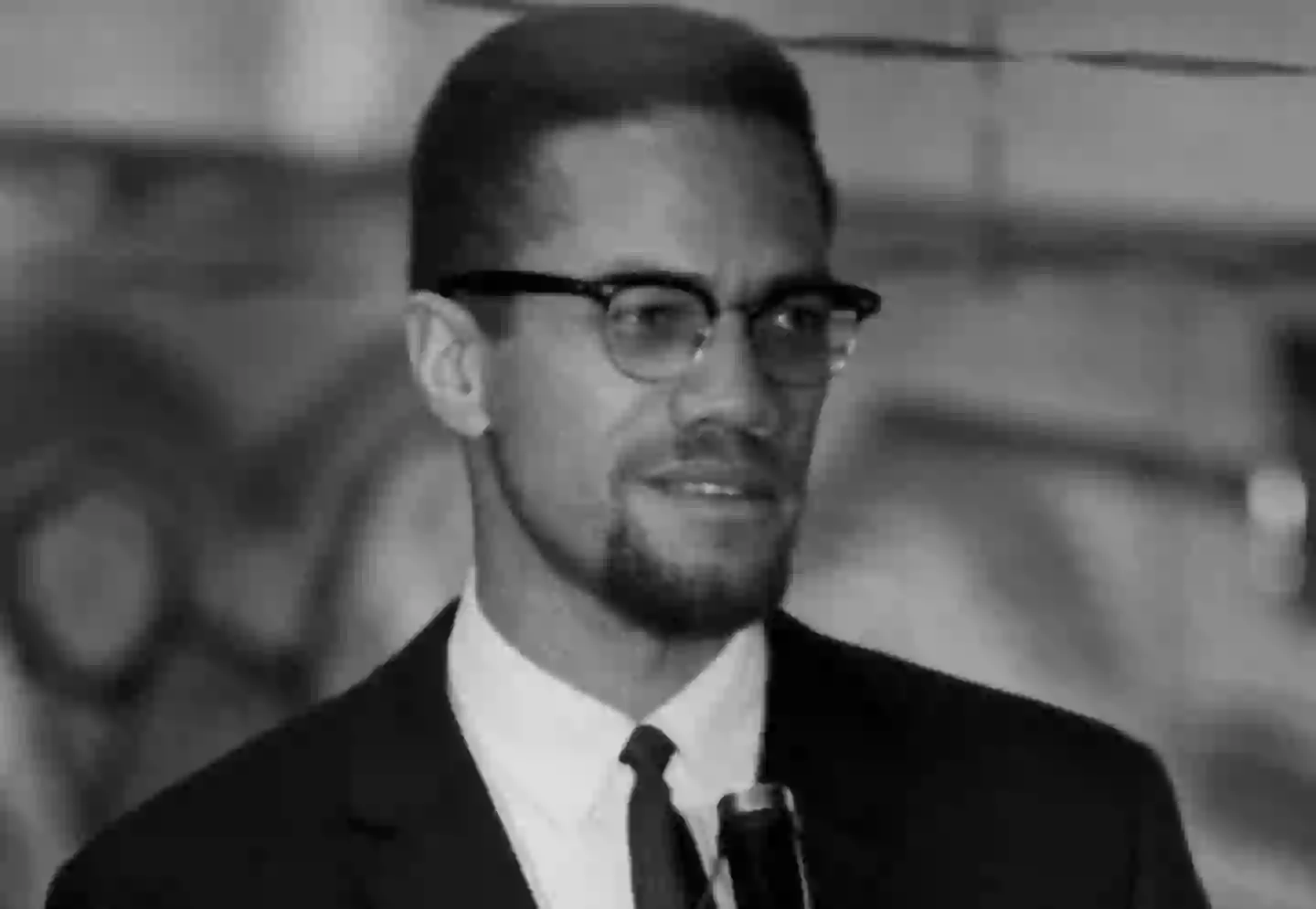
Following the series, Manhattan’s district attorney reopened the investigation, leading to the exoneration of Aziz and Islam. They received compensation for their wrongful imprisonment.
A social media user noted: “We find our Hero watching ‘Who killed Malcolm X’ A docu-series on Netflix. And this is probably the saddest thing I have ever watched.”
Lastly, a series played a critical role in solving two cases, resulting in the safe return of abducted children.
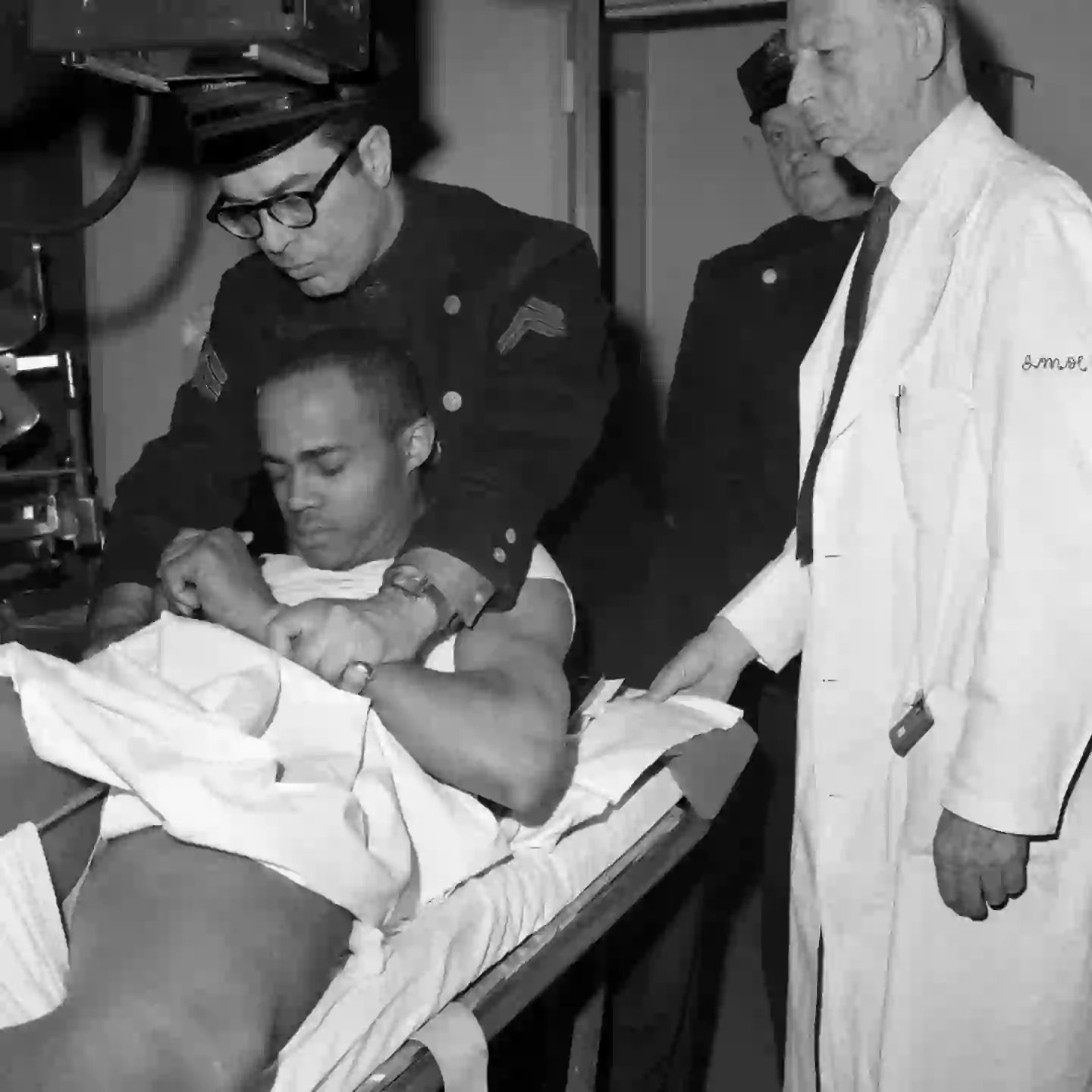
Episode nine of the third season, titled Abducted by a Parent, explored child abduction cases, one of which was solved.
Directed by Joie Jacoby, this episode delved into Abdul Aziz Khan’s abduction by his mother in 2018, resulting in his recovery in 2025.
The series also highlighted Kayla Unbehaun’s case, leading to her safe return after being recognized from media coverage.

